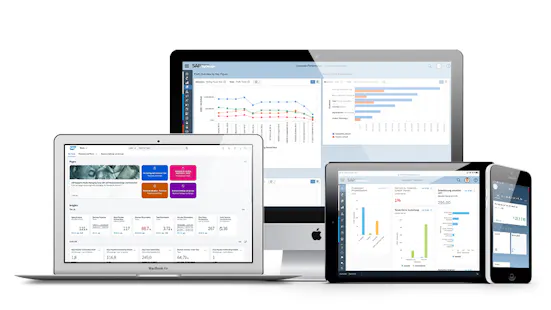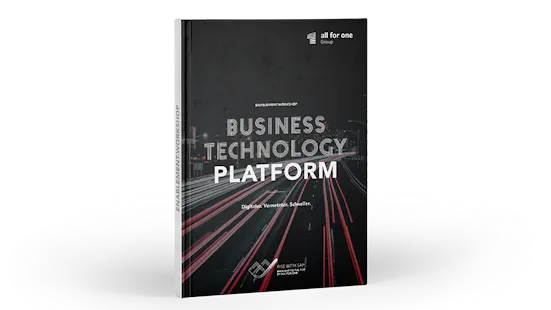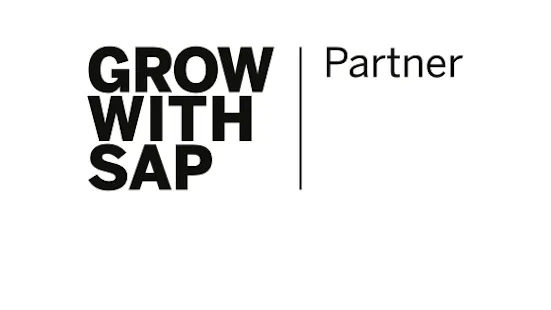
New SAP ERP implementation
is a matter of trust
How do you benefit from Cloud ERP?
Central added value at a glance.
Optimize processes
Reduce operating costs
Be faster
Working more transparently
Promote growth
Data security

Which ERP is right for you?
Cloud ERP is interesting for all company sizes and industries that do not yet have an ERP system or would like to switch from another provider to SAP. However, there are two significant differences - public cloud or private cloud.
Standardization
ready-to-run
Learn more
Individualization
Tailored-to-fit
Learn more
The basis for your ERP

ERP success stories
You can see why our customers have opted for a cloud ERP solution in these videos:
Roll-outs and branches
Do you want to connect your locations worldwide to the central ERP, standardize processes and harmonize key figures? We support you with the global rollout. Various models are possible - each suitable for the subsidiary and the often different roles (sales, production, service, etc.). By the way: We are a member of United VARs, the leading global alliance of SAP partners - and are therefore represented in over 90 countries.

Frequently asked questions
What is the difference between public and private clouds?
Is an ERP system flexibly scalable?
Can non-SAP systems also be connected?
Is special know-how required for the SAP implementation?
Is it possible to customize an SAP ERP system yourself?
Is the data in the cloud secure?
Can subsidiaries be connected?
Generational change: What happens to ERP know-how?
Is mobile working possible with a cloud ERP?
How does a cloud ERP reduce operating costs?
How else can we support you?
INTERESTED IN CLOUD ERP?
Our expert will be happy to help you!

Free advice
Contact me on +49 711 78807254, by e-mail at christian.pohr@all-for-one.com or via the following contact form.
About All for One
All for One is the number one SAP partner in the German-speaking SME market with more than 3,000 customers in Germany, Austria, Switzerland and Poland.
Our experts work day in, day out with great commitment, passion and expertise, making All for One a strategic partner for SAP, IT and business.











